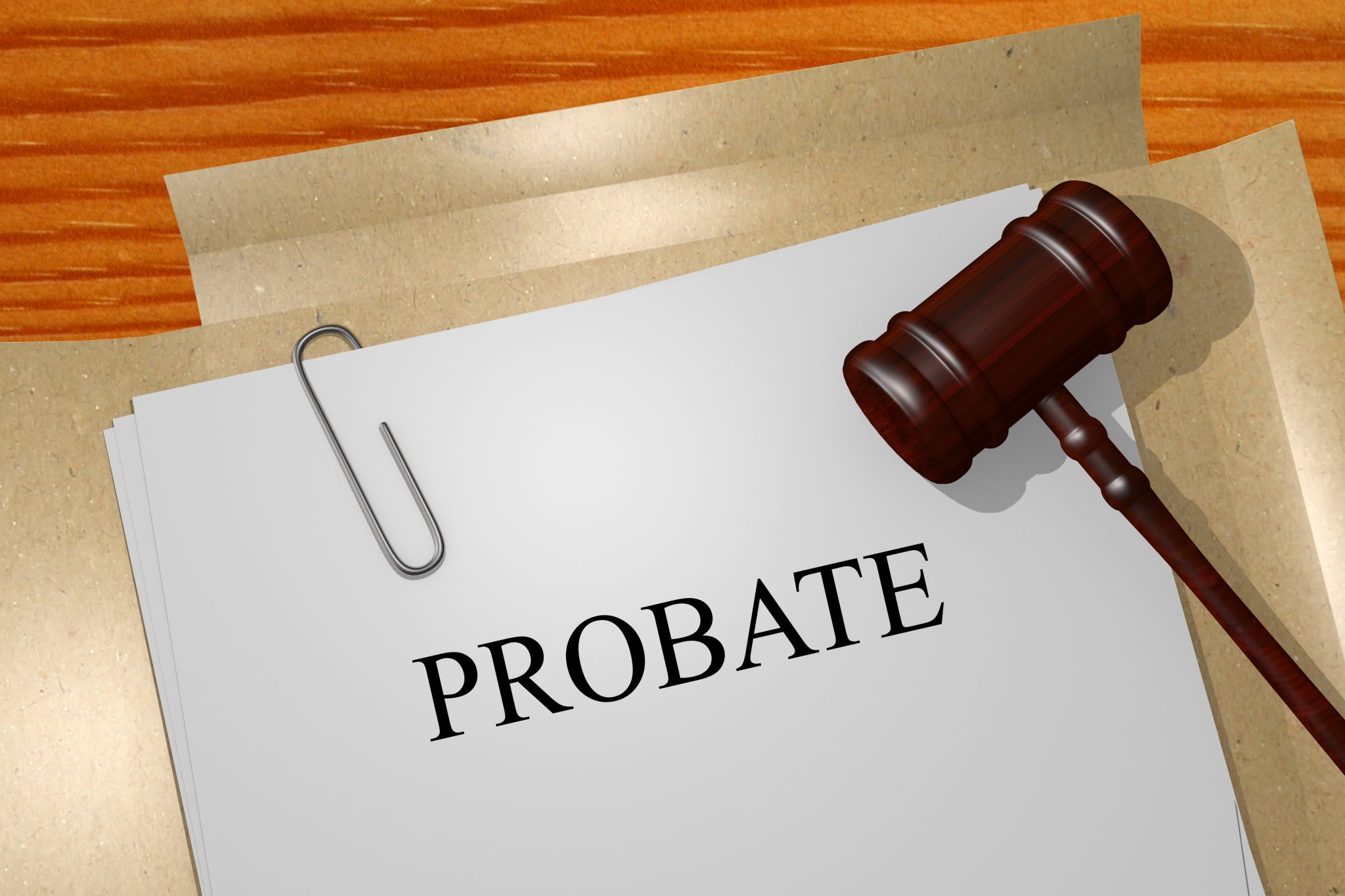In cases of wrongful death, the probate process facilitates verification, processing, and execution of the deceased person’s will. This process seeks to ensure the wishes of someone deceased are carried out as spelled out in the will. While the probate process is typically designed to execute wills, it can also serve other crucial functions. For instance, if someone dies without having drafted a will, then the probate process will determine how his or her assets will be administered and who will be the administrator, as the deceased didn’t leave clear instructions.

Addressing Key Issues in a Wrongful Death Case
A wrongful death case involves the naming of a personal representative to manage the existing estate, including recovering compensation from the liable entity or party on behalf of the estate of the deceased. While recovering compensation may not neutralize the grief that surviving family members experience due to the loss of a loved one, it can help reduce the financial strains and burdens that arise because of another person’s reckless or negligent actions. This process may appear simple, but there are multiple factors to be considered.
Appointing a Personal Representative
If the deceased person left a will naming an executor, then the individual named as the executor will be responsible for managing the estate and filing a claim in the wrongful death case. If the deceased didn’t leave a will, then the statute will determine who is legally eligible to be named as administrator. The surviving spouse will be the first to be considered. The next to be considered will be the decedent’s children. Any heir may, however, be named as administrator if he or she gets a nod from all other heirs who qualify to be appointed. In the event of wrongful death, a personal representative will be responsible for filing a wrongful death claim.
Sharing in the Survival Claim
If the decedent left a sound estate planning strategy in place that includes a confirmed will, then the Survival Claim will be included in the estate and shared based on the provisions of the will. If there is no will left, the state’s intestacy statute will determine how the decedent’s estate will be distributed. Each state has its unique intestacy statute.
In New Jersey, for instance, if the decedent is survived by a spouse and parents but has no children, the spouse will be eligible for the first 25% (from $50,000 to more than $200,000) as well as 75% of the balance. The remaining balance will go to the parents. The number of surviving family members determines how each state distributes the decedent’s estate and what amount is allocated to each beneficiary.
Putting Death Taxes into Consideration
Death taxes are an important factor for heirs to consider in a Wrongful Death action. Death taxes don’t apply to money awarded to a Wrongful Death claim. They do, however, apply to money assigned to the Survival Claim. Some states have both estate tax and inheritance tax, while others don’t have an estate tax but have an inheritance tax.
Leave a Reply